Mediated by Qatar and Türkiye, the negotiations followed an initial round of dialogue in Doha, which produced a temporary ceasefire on October 19 after a week of fighting that left dozens dead on both sides.
Recommended Stories
list of 4 itemsend of list
But even though officials and experts said that “last-ditch” efforts were expected to continue to try to pull the two countries back from a full-fledged conflict, the prospects of new hostilities between them loom large after their inability, so far, to build on the Doha truce, analysts say.
Pakistani security officials said that on Monday, talks went on for nearly 18 hours. But they accused the Afghan delegation of changing its position on Islamabad’s central demand – that Kabul crack down on the Pakistan Taliban armed group, known by the acronym TTP. One official, speaking to Al Jazeera on condition of anonymity because of the sensitivity of the dialogue, alleged that the “instructions received from Kabul” for the Afghan team were complicating negotiations.
Kabul, however, blamed the Pakistani delegation for a “lack of coordination,” claiming the Pakistani side was “not presenting clear arguments” and kept “leaving the negotiating table”, Afghan media reported.
The Afghan team is being led by the deputy minister for administrative affairs at the Ministry of Interior, Haji Najib, while Pakistan has not publicly disclosed its representatives.
Recent cross-border attacks between the militaries of the two countries have killed multiple people, troops and civilians, and injured many more in both Pakistan and Afghanistan.
United States President Donald Trump, who has repeatedly sought credit for resolving global conflicts, also waded in, saying he would “solve the Afghanistan-Pakistan crisis very quickly”, while speaking to reporters on the sidelines of the Association of Southeast Nations (ASEAN) summit in Malaysia earlier in the week.
Yet, any long-term settlement appears difficult due to the two nations’ “profound mutual distrust and conflicting priorities”, said Baqir Sajjad Syed, a former Pakistan fellow at the Wilson Center and a journalist who covers national security.
Syed added that their historical grievances and Pakistan’s past interventions in Afghanistan make concessions politically risky for the Afghan Taliban.
“In my view, the core issue is ideological alignment. The Afghan Taliban’s dependence on TTP for dealing with internal security problems [inside Afghanistan] makes it difficult for them to dissociate from the group, despite Pakistani concerns,” he told Al Jazeera.
A fraught friendship
Historically, Pakistan was long perceived as the primary patron of the Afghan Taliban. Many in Pakistan publicly welcomed the Taliban’s return to power in August 2021 after the withdrawal of US forces.
But relations have sharply deteriorated since, largely over the TTP, an armed group that emerged in 2007 during the US-led so-called “war on terror”, and which has waged a long campaign against Islamabad.

The TTP seeks the release of its members imprisoned in Pakistan and opposes the merger of Pakistan’s former tribal areas into its Khyber Pakhtunkhwa province. Although independent from the Afghan Taliban, the two groups are ideologically aligned.
Islamabad accuses Kabul of providing sanctuary not only to the TTP but to other groups, including the Balochistan Liberation Army and the ISIL (ISIS) affiliate in Khorasan Province (ISKP), charges Kabul denies.
The Afghan Taliban have insisted that the TTP is a Pakistani problem, repeatedly arguing that insecurity in Pakistan is a domestic matter. And the Taliban have themselves long viewed the ISKP as enemies.
Mullah Yaqoob, Afghanistan’s defence minister who signed the ceasefire in Doha with his Pakistani counterpart, Khawaja Asif, last week, said in an interview on October 19 that states sometimes used the label “terrorism” for political ends.
“There is no universal or clear definition of terrorism,” he said, adding that any government can brand its adversaries as “terrorists” for its own agenda.
Meanwhile, regional powers including Iran, Russia, China, and several Central Asian states have also urged the Taliban to eliminate the TTP and other armed groups allegedly operating from Afghanistan.
That appeal was renewed in Moscow in early October, in consultations also attended by Afghan Minister of Foreign Affairs Amir Khan Muttaqi.
Rising toll, rising tensions
In recent days, several attacks have killed more than two dozen Pakistani soldiers, including officers.
The year 2024 was among Pakistan’s deadliest in nearly a decade, with more than 2,500 casualties recorded, and 2025 is on track to surpass that, analysts say.
Both civilians and security personnel have been targeted, with most attacks concentrated in Khyber Pakhtunkhwa and Balochistan. TTP operations have increased sharply in both frequency and intensity.
“Our data show that the TTP engaged in at least 600 attacks against, or clashes with, security forces in the past year alone. Its activity in 2025 so far already exceeds that seen in all of 2024,” a recent Armed Conflict Location & Event Data (ACLED) report said.
Ihsanullah Tipu Mehsud, an Islamabad-based security analyst, says that Pakistani negotiators must recognise that ties between the Taliban and the TTP are rooted in ideology, making it hard for Afghanistan’s government to give up on the anti-Pakistan armed group.
Journalist Sami Yousafzai, a longtime observer of Pakistan-Afghanistan relations, agreed, saying that the prospects of a détente now look increasingly remote.
Both Mehsud and Yousafzai pointed to the Taliban’s history of sticking by allies even in the face of international pressure, and even military assault.
“We have seen this same attitude from the Afghan Taliban in 2001, when, after the 9/11 attacks, they continued to remain steadfastly with Al al-Qaeda,” Mehsud said.
According to Yousafzai, “the Afghan Taliban are war veterans, and they can withstand military pressure”.
Failed diplomacy?
In recent months, both sides have pursued diplomacy, nudged also by China, which has mediated talks between them, in addition to Qatar and Turkiye.
Yet, analysts say Islamabad might soon conclude that it has few nonmilitary options to address its concerns.
Syed pointed to Pakistani Defence Minister Asif’s recent threat of an “open war” and said that these comments could presage targeted air strikes or cross-border operations against alleged TTP sanctuaries in Afghanistan.
“That said, mediators, particularly Qatar and Turkiye, are expected to make a last-ditch push to revive dialogue or shift it to another venue. There is also a small possibility of other countries joining in, especially after President Trump’s latest signal of readiness to step in and de-escalate the crisis,” he said.
Syed said that economic incentives, including aid, in exchange for compliance with ceasefire provisions could be one way to get the neighbours to avoid a full-fledged military conflict.
This is a tool Trump has used in recent months in other wars, including in getting Thailand and Cambodia to stop fighting after border clashes. The US president oversaw the signing of a peace deal between the Southeast Asian nations in Kuala Lumpur last weekend.

Unintended consequences
While Pakistan has far superior military capabilities, the Taliban has advantages, too, say analysts, cautioning against overconfidence on the part of Islamabad.
Yousafzai argued that the crisis with Pakistan had helped bolster domestic support for the Taliban, and military action against it could further elevate sympathy for the group.
“The response by the Afghan Taliban of attacking the Pakistani military on [the] border was seen as a forceful response, increasing their popularity. And even if Pakistan continues to bomb, it could end up killing innocent civilians, leading to more resentment and anti-Pakistani sentiment in [the] public and among [the] Afghan Taliban,” he said.
This dynamic, according to Yousafzai, should be worrying for Islamabad, particularly if the Taliban’s supreme leader, Haibatullah Akhunzada, steps in.
“If Akhunzada issues an edict, declaring Jihad against Pakistan, many young Afghans could potentially join the ranks of [the] Taliban,” Yousafzai warned. “Even if it will mean a bigger loss for Afghans, the situation will not be good for Pakistan.”
The only beneficiary, he said, would be the TTP, which will feel even more emboldened “to launch attacks against the Pakistani military”.

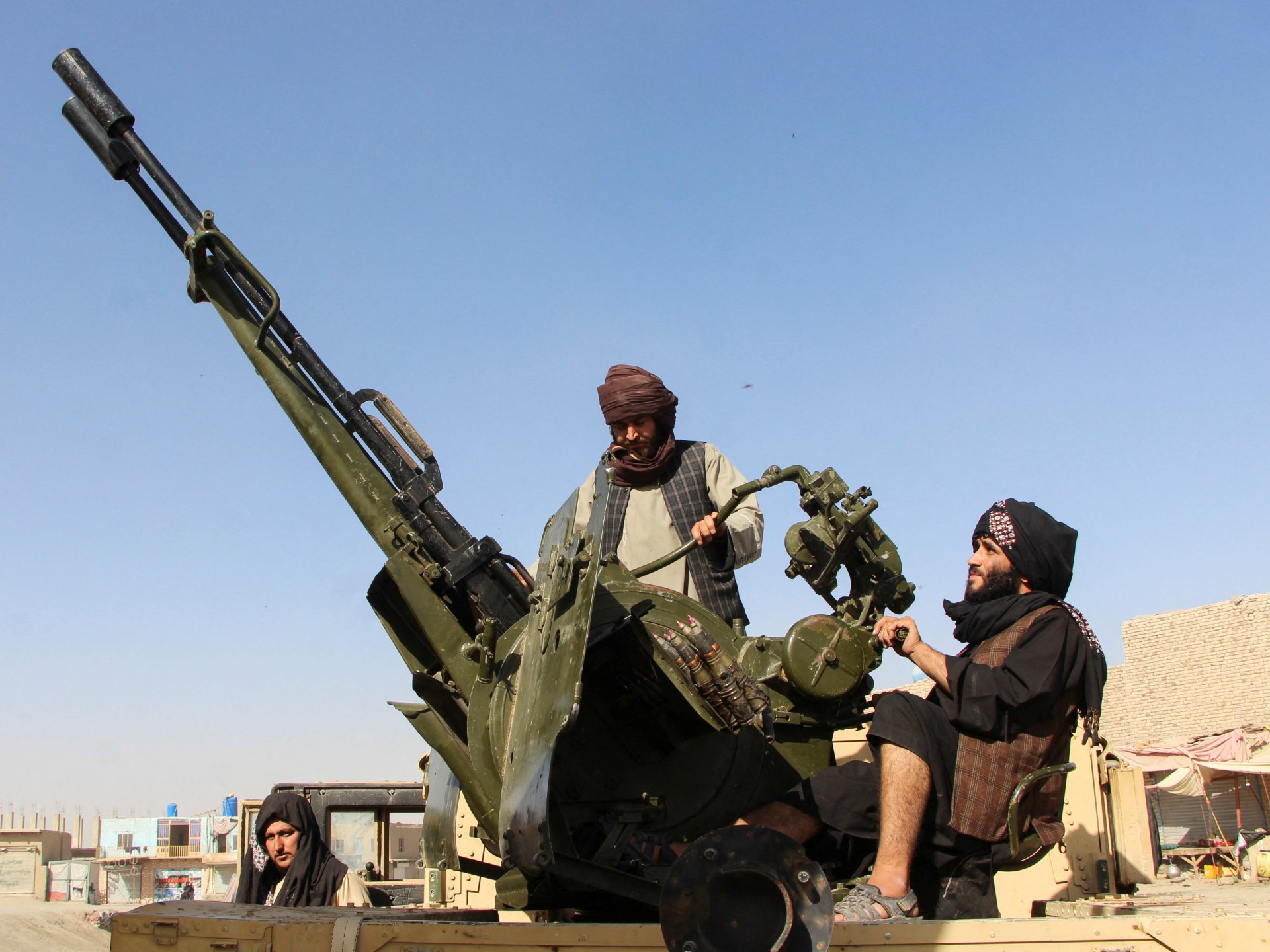
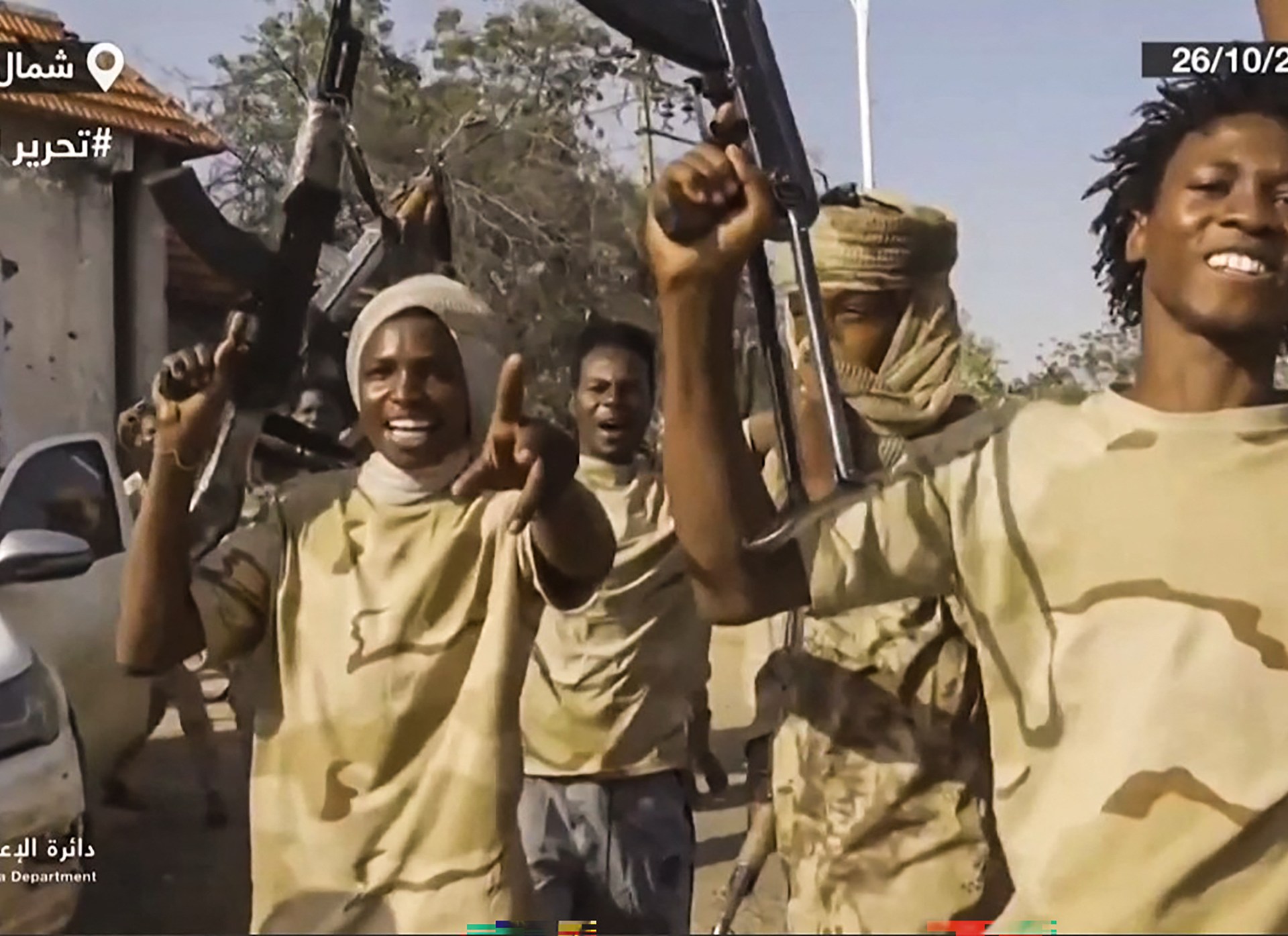
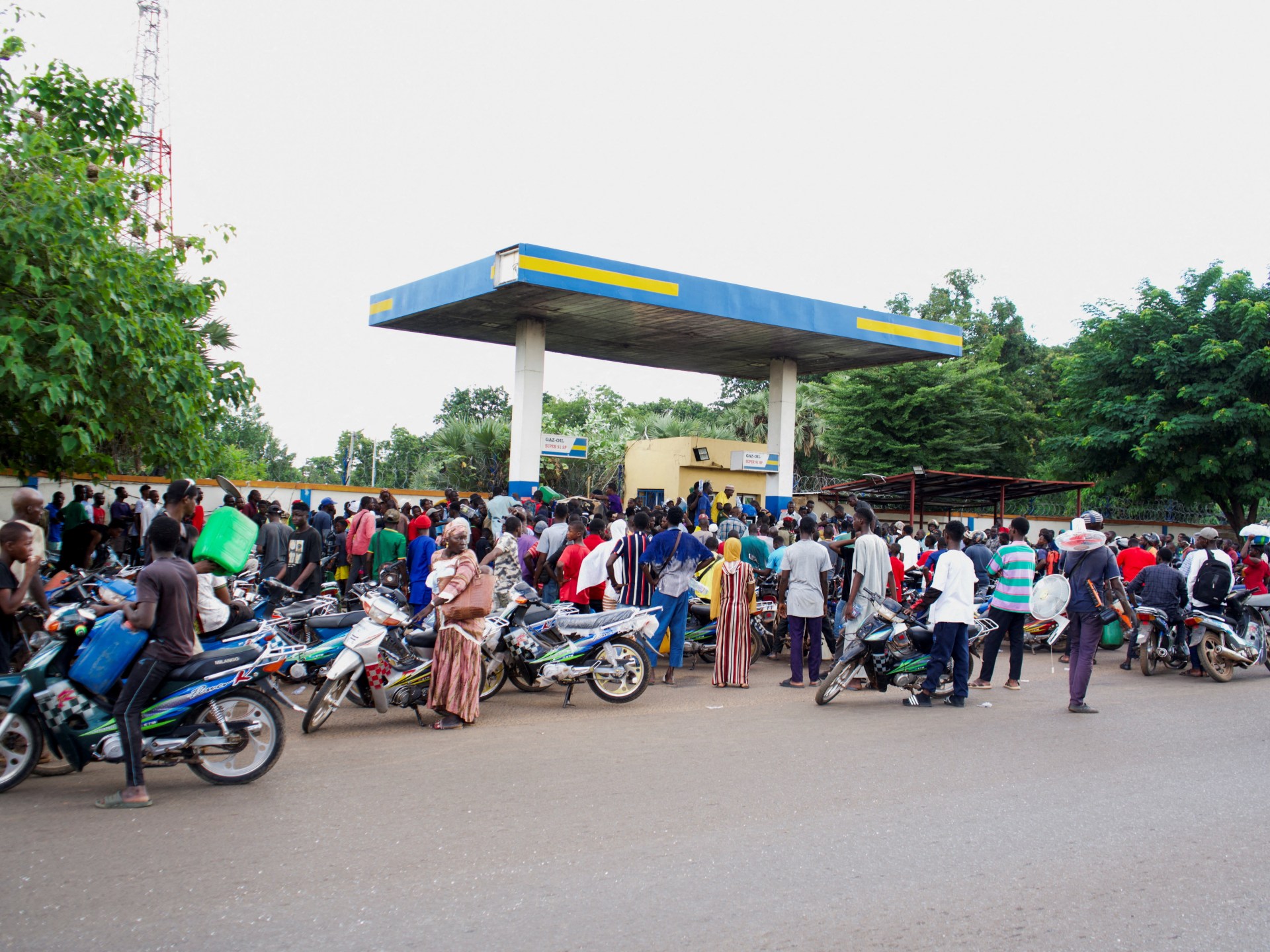
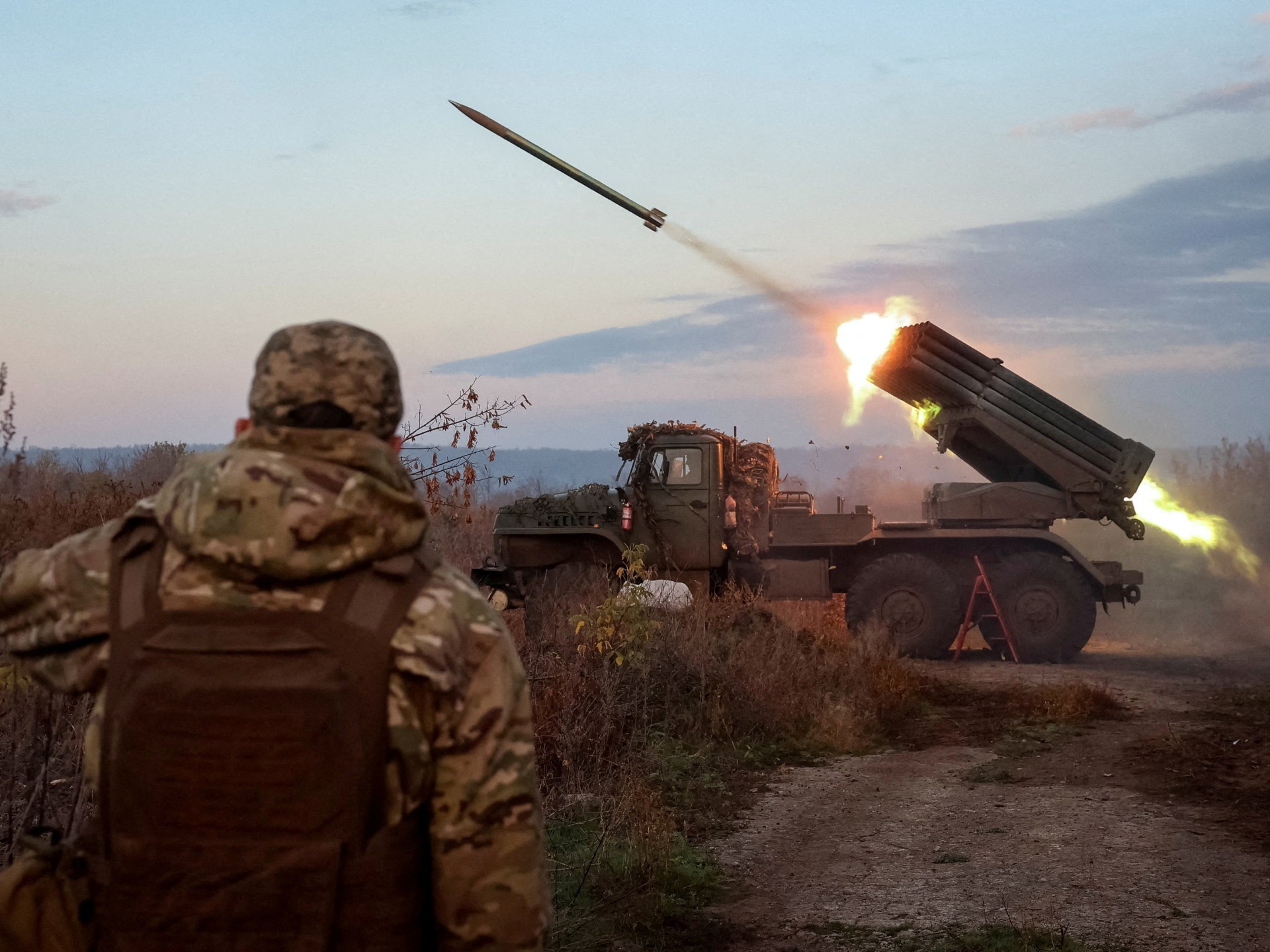
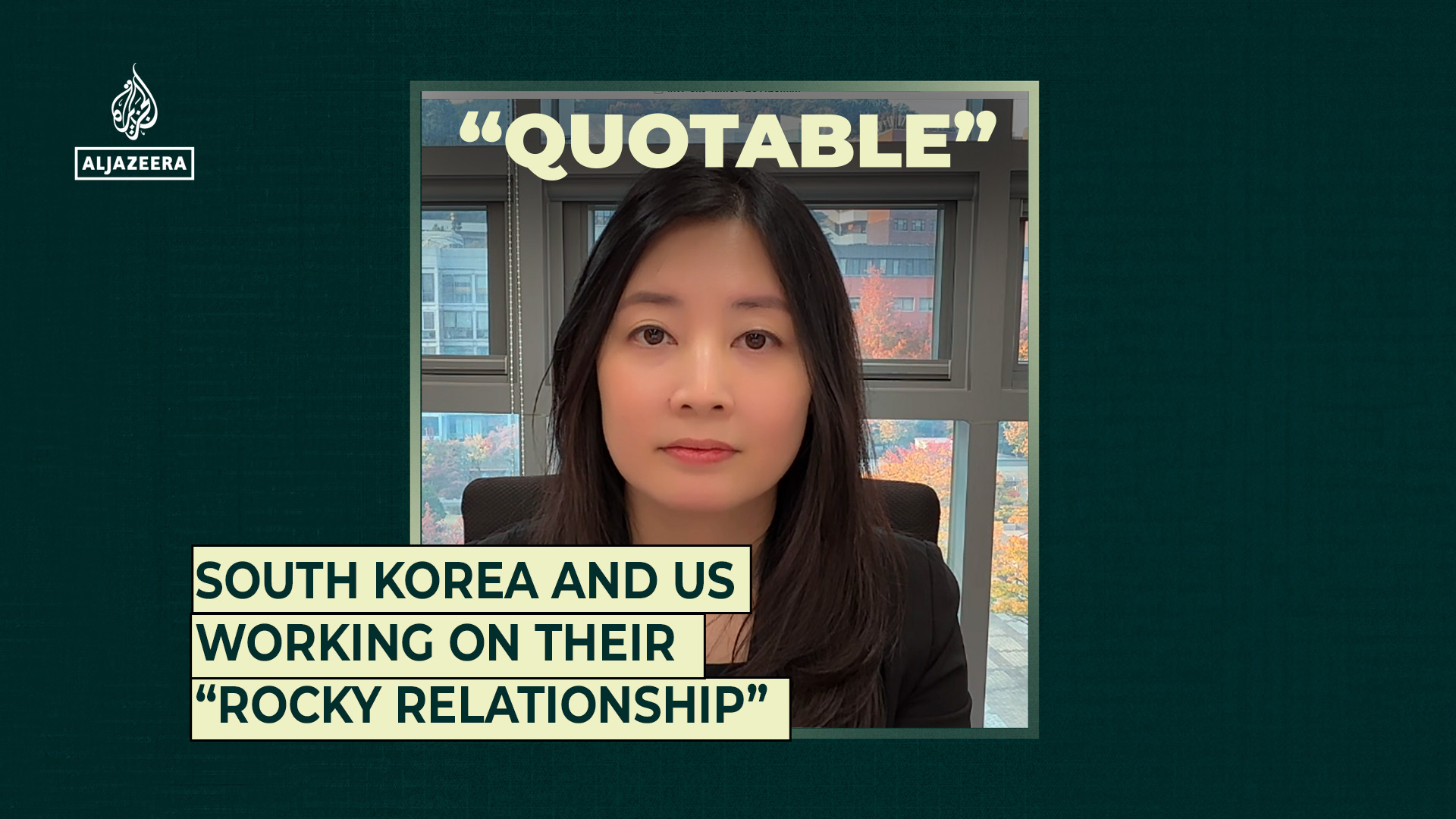

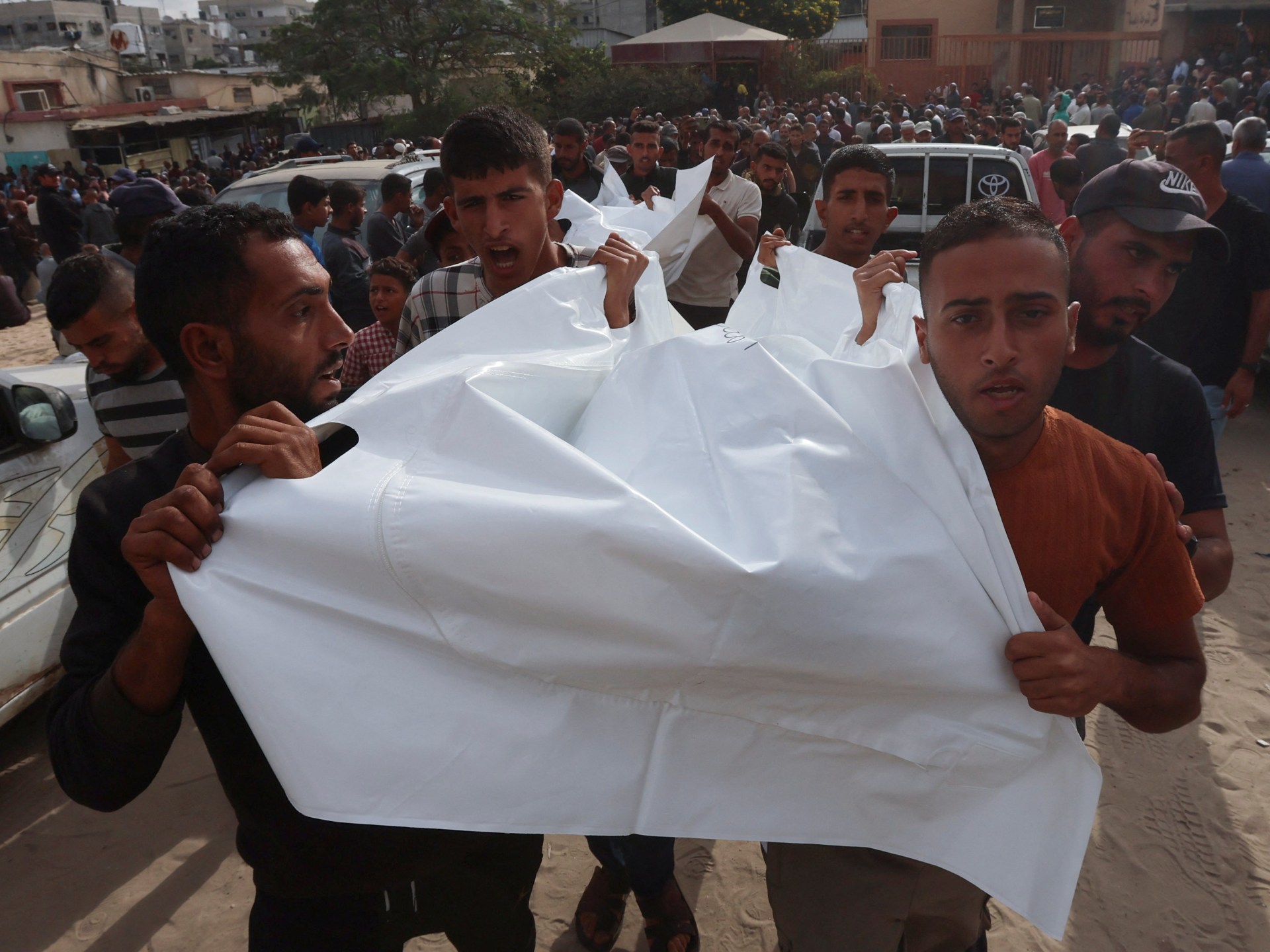

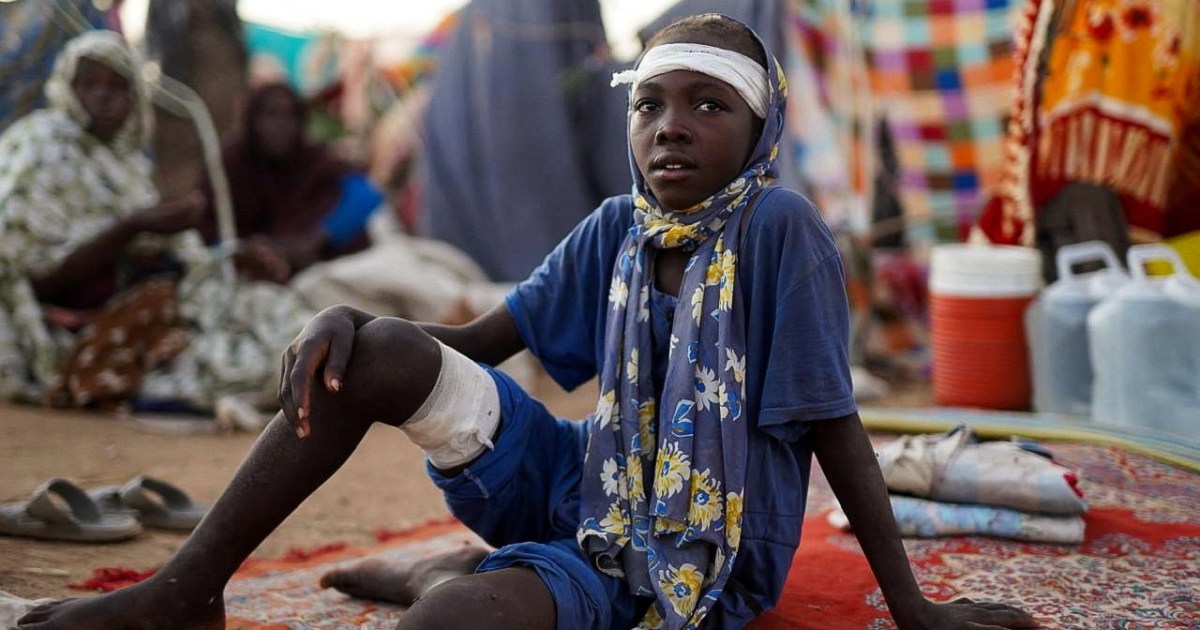
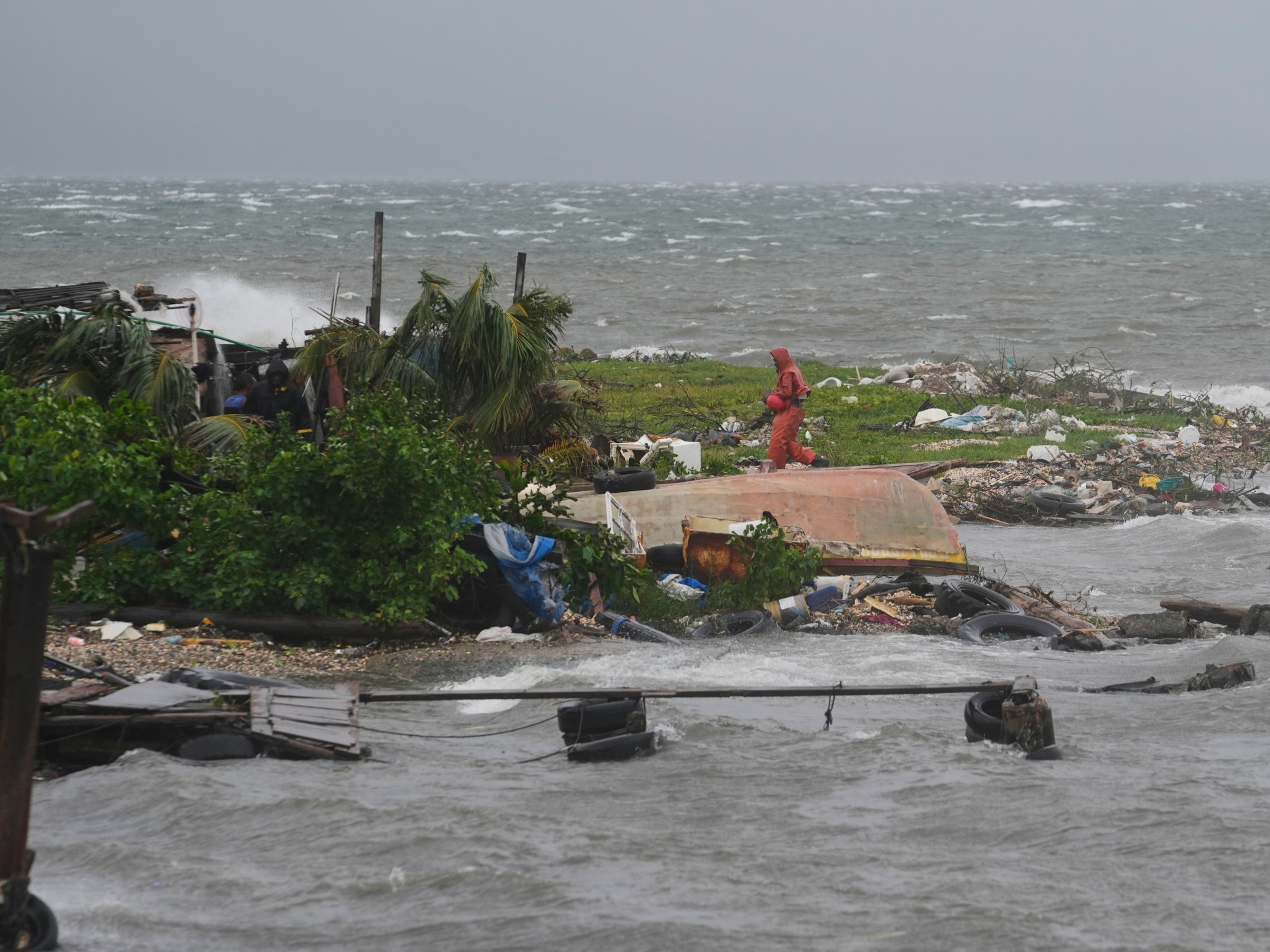

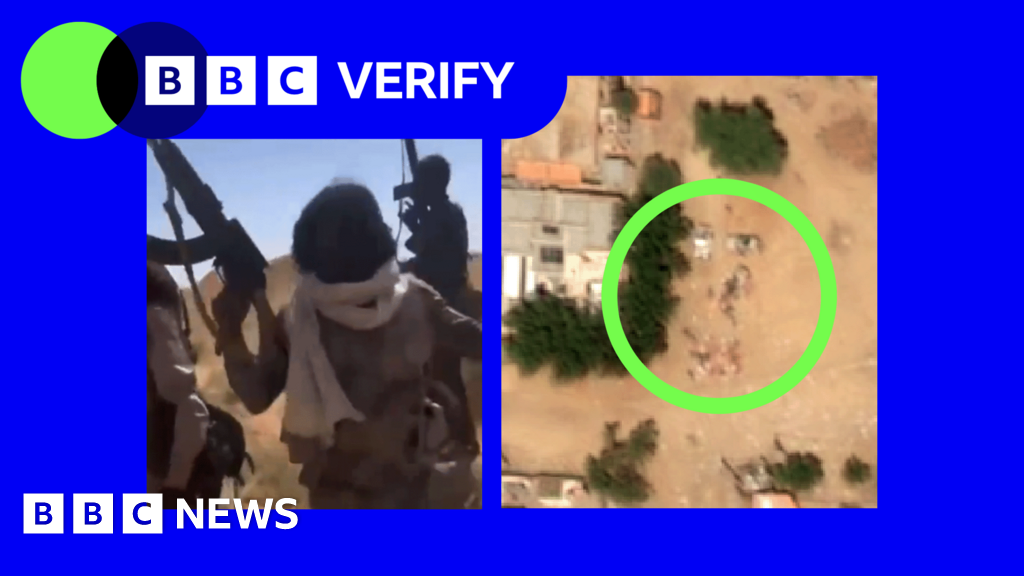


Leave a Reply